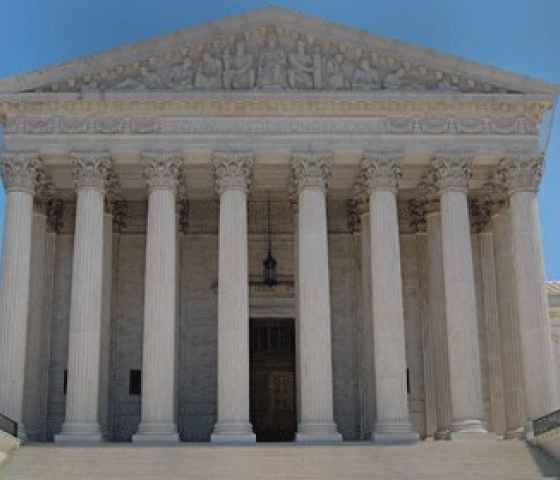Last week, the politicians who run the State of Indiana loaded a gun, aimed it at their own foot, and pulled the trigger—and then limped around acting shocked that they had shot themselves in the foot.
I’m talking, of course, about the new Religious Freedom Restoration Act (RFRA) that Indiana Governor Mike Pence recently signed into law that would essentially legalize discrimination against lesbian, gay, bisexual and transgender (LGBT) people. The backlash was swift and severe. Fair minded Hoosiers and others from around the nation reacted with outrage and called on the legislature to rewrite the law in a way that wouldn’t give businesses carte blanche to discriminate against customers based upon their sexual orientation.
Many businesses—including giants such NASCAR and Apple Inc.—registered their disapproval with the state government, and several major events and conventions announced that they would withdraw their business from the state in protest.
Reeling from the harsh criticism and scrambling to stop the hemorrhage of business and tourism revenue, Governor Pence pointed to the fact that the federal government has a “Religious Freedom Restoration Act” as well as 19 other states, including New Mexico. But despite sharing the same name, Indiana’s RFRA has distinct and important differences that make it a very different law than the ones passed by the federal government and New Mexico.
In short, the federal law and the New Mexico RFRA protect against the government infringing on the religious beliefs and practices of individuals. In contrast, the Indiana law is written to empower private businesses to use religion as a basis for discrimination. It’s apples and oranges. And Governor Pence is trying to convince us that the orange he’s holding is really an apple.
Does the language in Indiana’s law admit outright that its intent is to enable discrimination? No, but Garrett Epps, a constitutional law professor at the University of Baltimore described Indiana’s law in this way in his recent article for The Atlantic:
“Of all the state “religious freedom” laws I have read, this new statute hints most strongly that it is there to be used as a means of excluding gays and same-sex couples from accessing employment, housing, and public accommodations on the same terms as other people. True, there is no actual language that says, All businesses wishing to discriminate in employment, housing, and public accommodations on the basis of sexual orientation, please check this “religious objection” box. But, as Henry David Thoreau once wrote, ‘Some circumstantial evidence is very strong, as when you find a trout in the milk.’”
Even though our state law shares a name with the Indiana law, New Mexicans should rest easy in the knowledge that our RFRA does not enable discrimination. In fact, we have longstanding laws that explicitly prohibit discriminating against people based on sexual orientation or identity—just like we have laws that prohibit discrimination based on race, sex, or disability. Our state takes pride in its diversity, and our laws reflect that. We may not all feel the same way about gay couples, but we can agree that it is important to treat people fairly, with respect, and as we would want to be treated ourselves.
Religious beliefs are an important part of life for many New Mexicans, and everyone has the right to practice their religion free from undue government interference. But no one’s religious beliefs make it okay to break the law by discriminating against others. That’s not how we treat people in New Mexico. Hopefully Indiana will soon make things right and fix the language in their law that enables discrimination. But until then, they should refrain from comparing their orange to our apple.
